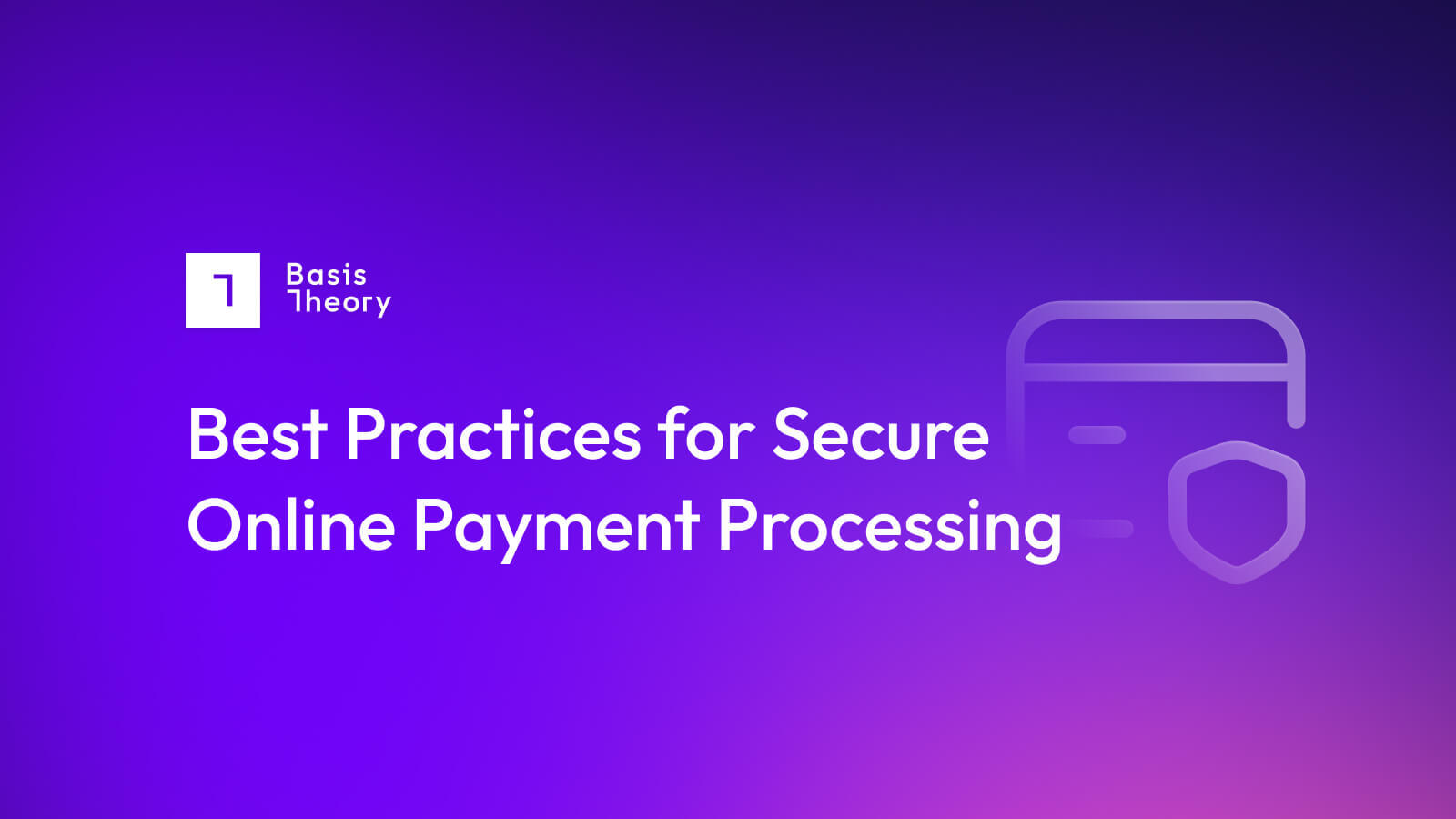Switching PSPs, Keeping the Payment Credentials

Merchants, especially online, have no choice but to contract with at least one payment service provider (PSP) to ensure they can execute transactions with credit cards and other payment methods. That said, simply continuing with a single PSP is no more logical than sticking with the same provider of any service forever: from time to time, any business must consider whether there are superior alternatives available. Businesses will tend to switch PSPs in order to access
- Better rates, particularly for debit cards and other non-standard payment methods.
- Additional payment methods, particularly for merchants transacting business across borders.
- Better customer service.
- Additional services, including security and compliance offerings.
- Flexible contracts if they are coming toward the end of a more restrictive agreement.
Why would a merchant have to re-accept credit cards?
Many merchants start their payments journey by contracting with a full-service PSP, which not only provides a swift and smooth rollout but also takes on much of the burden of PCI-DSS compliance. In the early going, the comprehensiveness of the full-service offering is immensely valuable, as it allows the merchant to focus its full energies on launching and maintaining an outstanding business. As the business matures, however, it can become clear that the existing PSP is insufficient to the emerging needs: it may not offer payment methods the company’s customers demand, may charge excessive cross-border fees to a business that is relying on international transactions for growth, or may have MCC restrictions that are incompatible with the business’ strategic growth plan.
The merchant may, therefore, opt to move some or all of their business to a different PSP.
Unfortunately, they often find that while having their initial PSP holding subscriber credit card information reduced their compliance burden, it also means that they do not have rights to take those details with them. As such, although the merchant is entirely free to shift their business to another partner, they no longer have the necessary data to continue to charge subscription, or future one-off, transactions, and must ask customers to re-enter their details so they can be stored somewhere else.
The Importance of Not Having to Re-Accept Credit Cards
Consumers are extremely vulnerable to friction—anything that stands between them and completing a sale reduces the chances that the transaction will complete.
Depending on whose numbers you believe, 10-15 percent of subscription charges fail each month, and it’s clear that involuntary churn (loss of subscribers owing to avoidable issues, like card expiration or temporary shortage of funds) has a measurable and deleterious impact on subscription businesses. The bottom line is that any time a consumer is forced to make an effort to close a deal, the likelihood they will do so goes down.
It’s worth noting that PSPs often offer the service of transferring stored cardholder data to new PSPs, but this, as often as not, creates two immediate and challenging problems. The first is that this service is rarely free, requiring an investment by the merchant with both the old and the new PSPs, as they negotiate ensuring that cardholder data is, at all times, kept secure. The second is that they will rarely want to do this more than once, resulting in the merchant being forced to repeat the initial problem, simply swapping one single point of failure for another.
A Strategy for Switching PSPs
The solution is not just as simple as using an account updater feature.
Regardless of the reason for switching payment processors, companies need to ensure that, regardless of what they may have done in the past, they retain control of all credit card details in the future. A great way to achieve this is to work with a third-party tokenization vendor like Basis Theory. The tokenization vendor, much like a full-service PSP, will collect, store, and transmit credit card details to close transactions, while shielding the merchant from onerous PCI-DSS requirements. Unlike the PSP, however, a tokenization provider securely stores, and provides the merchant access to, cardholder details.
While choosing a tokenization provider can be tricky, Basis Theory customer Cubby made a very valuable list of requirements:
- Ability to change PSPs without having to collect new credit card details for cards-on-file.
- A sustainable price point that allows the merchant to grow and scale.
- Great support and quick answers without having to get on a sales call.
- Built-in PCI compliance the merchant team doesn’t even need to think about.
It’s also important to ensure that the token vault is fully enabled with strong APIs, allowing the merchant to build a robust and flexible payment automation system: the opportunity to optimize costs within the payment environment is extremely large.
Indeed, switching from one PSP to another single PSP is not as fruitful an improvement as securing a collection of providers who can offer different services, such as in-region processing to reduce cross-border fees, lower costs on debit card charges, and coverage for higher risk products and services.
.png?width=365&height=122&name=BTLogo%20(1).png)



